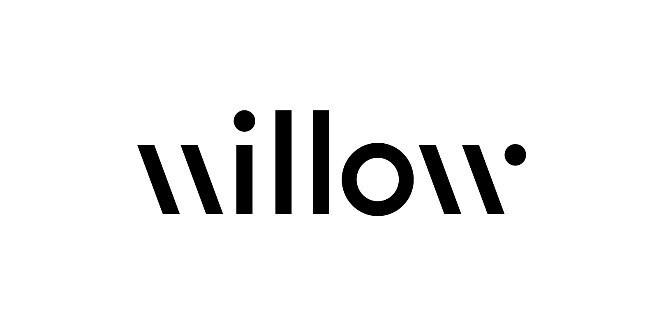Investors endured a historic move in U.S. equities Thursday as the Russell 2000 gained roughly 3.
5% while the S & P 500 dropped almost 1%. Is this just profit taking in the Magnificent 7 or is the megacap secular trend coming to an end? I think the answer might be a little of both. Although the small-cap index has dragged the megacap driven S & P 500 for years, I believe now is the time to own the iShares Russell 2000 ETF .

Let me show you how to do it at nearly no cost. IWM .SPX YTD mountain iShares Russell 2000 ETF (IWM) vs S & P 500 year-to-date Small caps seemingly benefited from Thursday's cooler-than-expected June consumer inflation report via CPI, signaling the Fed could kick off their interest rate cutting campaign in September now.
Thursday was just the second day since 1979 when the Russell 2000 rose more than 3% while the S & P 500 declined. One day does not start a trend but, this sizable of a dispersion is a sign that smaller capitalization companies that have significant interest rate sensitivity may have the ability to go on a bit of a catch-up run. IWM 1M mountain iShares Russell 2000 ETF, 1 month The Trade Selling the IWM 8/30/2024 $213 put for $5.
40 Buying the 8/30/2024 $215 call for $5.65 This spread will cost an investor $0.25 or $25 per one lot This trade was executed when IWM was trading roughly $213 Selling a risk reversal such as this one offers traders the ability to establish a view at low to zero cost, but it does not come without risk of owning the underlying.
The opportunity to offset the cost of owning an upside call is due to the premium collected by selling a put. In a perfect world, that put premium fully offsets the cost of the call, the call that seeks to allow an investor to catch a move higher. In the event the IWM does not move higher, an investor has to be prepared (with the cash) to own IWM for a longer term play.
I am comfortable owning small caps here as mean reversion will happen at some point. DISCLOSURES: (Long IWM, and long this risk reversal) All opinions expressed by the CNBC Pro contributors are solely their opinions and do not reflect the opinions of CNBC, NBC UNIVERSAL, their parent company or affiliates, and may have been previously disseminated by them on television, radio, internet or another medium. THE ABOVE CONTENT IS SUBJECT TO OUR TERMS AND CONDITIONS AND PRIVACY POLICY .
THIS CONTENT IS PROVIDED FOR INFORMATIONAL PURPOSES ONLY AND DOES NOT CONSITUTE FINANCIAL, INVESTMENT, TAX OR LEGAL ADVICE OR A RECOMMENDATION TO BUY ANY SECURITY OR OTHER FINANCIAL ASSET. THE CONTENT IS GENERAL IN NATURE AND DOES NOT REFLECT ANY INDIVIDUAL'S UNIQUE PERSONAL CIRCUMSTANCES. THE ABOVE CONTENT MIGHT NOT BE SUITABLE FOR YOUR PARTICULAR CIRCUMSTANCES.
BEFORE MAKING ANY FINANCIAL DECISIONS, YOU SHOULD STRONGLY CONSIDER SEEKING ADVICE FROM YOUR OWN FINANCIAL OR INVESTMENT ADVISOR. Click here for the full disclaimer..


















